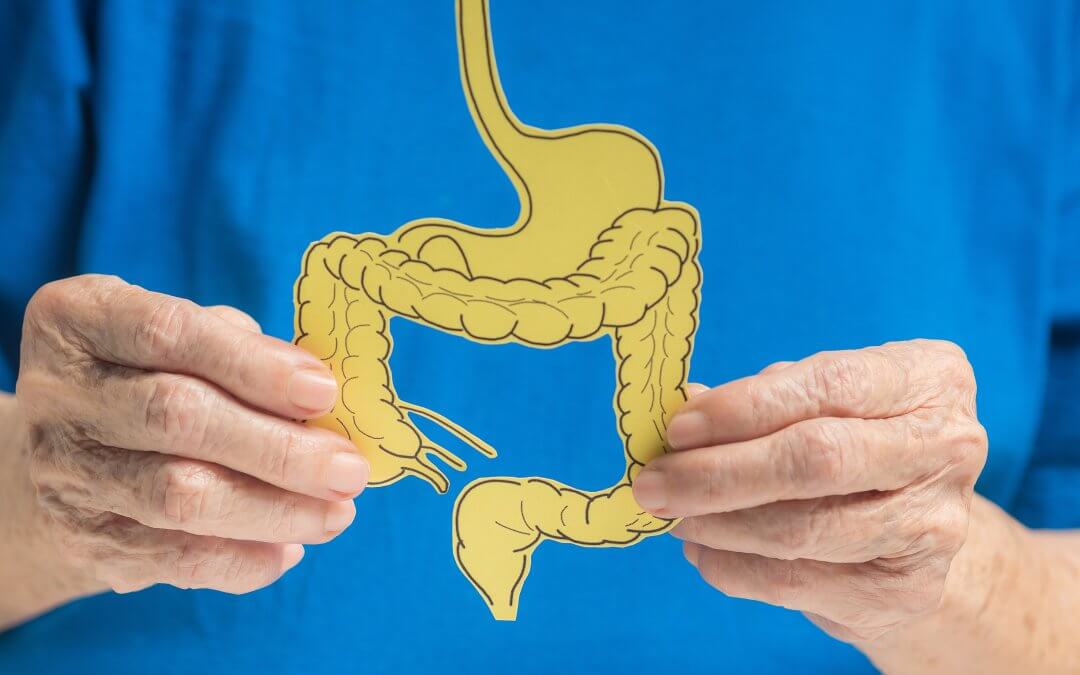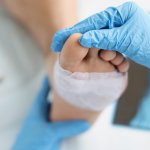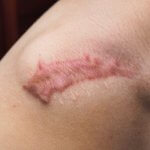It was announced this month that the results of research into a new stem cell based therapy for Hirschsprung disease – a rare condition affecting bowel movement – were promising.
Conducted by teams from University College London and the University of Sheffield, the research focuses on transplanting stem cell-derived precursor nerve cells into gut tissue. [1]
What is Hirschsprung disease?
Hirschsprung disease is an intestinal condition where an absence of nerves in parts of the intestine means the bowel can’t contract, leaving sufferers of Hirschsprung with difficulty passing stool. This can lead to constipation and, even more worryingly, enterocolitis – a bowel infection causing inflammation and, in some cases, sepsis which can be fatal. [2]
Hirschsprung disease is usually identified within the first few months of birth in newborns but may also be diagnosed later in childhood.
Current treatment options are limited, with surgery an inevitable eventuality in most cases.
Whilst the condition is rare – it’s estimated only 1 in every 5,000 newborns have Hirschsprung disease – the lack of available treatment options makes attempts to formulate an alternative therapy even more pressing for sufferers. [3]
What is the new stem cell therapy and how does it work?
The new therapy being trialed by researchers involves generating nerve cell precursors from human pluripotent stem cells (hPSCs).
Because stem cells have the unique ability to differentiate into other specialised cells in the body, they are ideal for regenerating or replacing cells that are lost or damaged through disease.
The researchers at the University of Sheffield isolated and used RNA sequencing to differentiate the stem cells into enteric nervous system (ENS) precursor cells.
These cells were then transferred to UCL, where they were transplanted into prepared gut tissue in the hope that they would integrate and develop into fully fledged nerves. [4]
What were the results of the stem cell transplant?
The team of researchers found that following transplantation of the stem cell-derived nerve precursor cells into gut tissue samples, the transplanted tissue was better able to contract in response to electric stimulation than the control tissue. [5]
This suggests that the transplantation of the stem cell-derived nerve cell precursors into the tissue improved its functionality to the point of counteracting the negative effects of Hirschsprung disease.
Following this success, the researchers will be looking for additional funding to move into the clinical trial stage, where it’s hoped they’ll be able to demonstrate the viability of the therapy in human subjects. [6]
This is just one of many ongoing studies in which the plasticity of stem cells is being harnessed to bring about the next generation of regenerative therapies for conditions ranging from diabetes to stroke, heart disease to cancer.
To find out about how you could safeguard your baby’s access to future medicine by saving their stem cells, fill out the form below to request your free Welcome Pack.
References
FIND OUT MORE, REQUEST YOUR WELCOME PACK TODAY
All you need to know to make an informed decision.
Provide your contact details to request:
– Complete Welcome Pack and Parent’s Guide
– Information via email
– Contact from our specialist advisors









